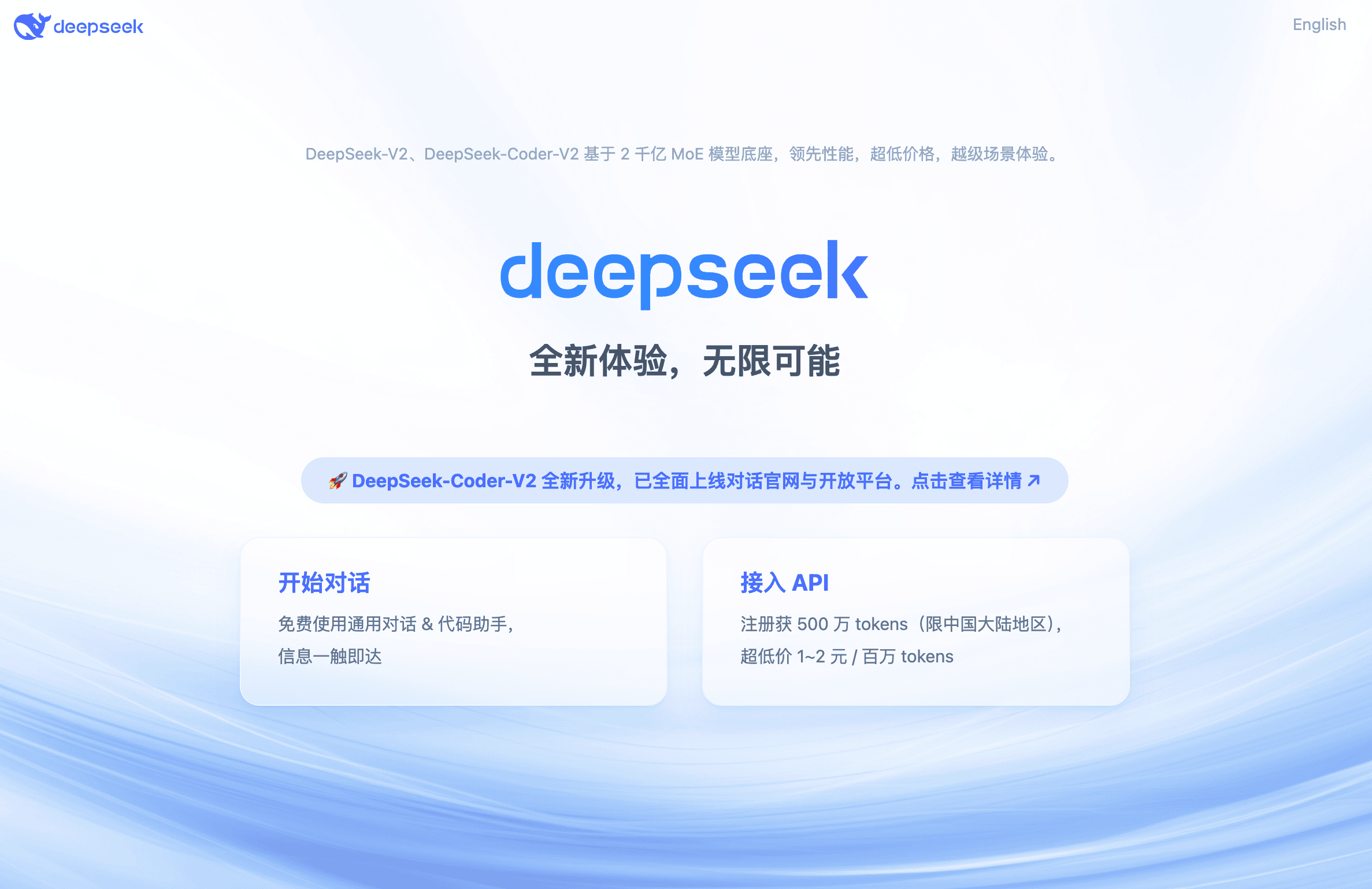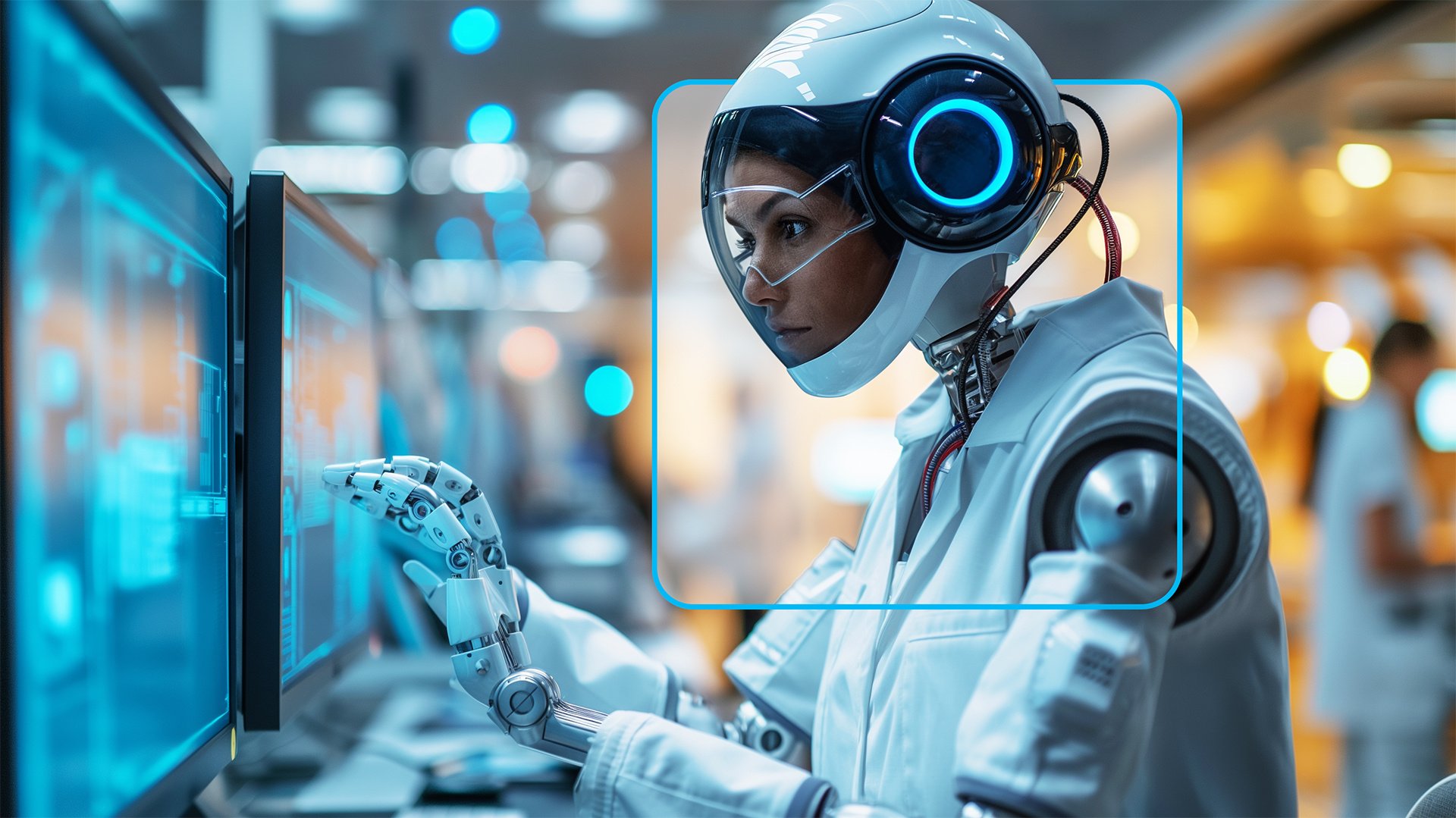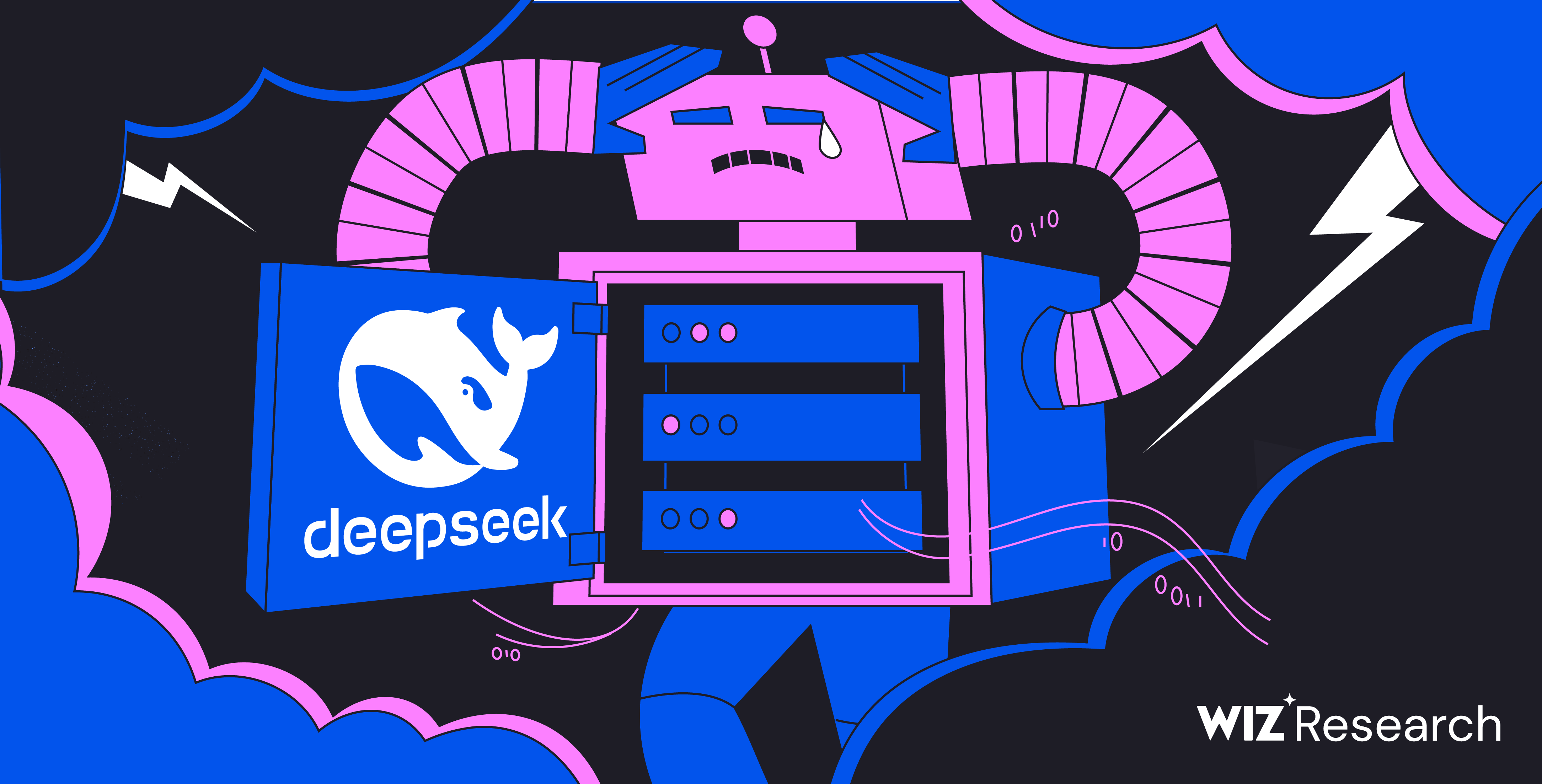Lower-cost AI tools might improve jobs by giving more workers access to the innovation.
- Companies like DeepSeek are developing low-cost AI that could assist some workers get more done.
- There could still be risks to workers if employers turn to bots for easy-to-automate tasks.
Cut-rate AI might be shocking industry giants, but it's not likely to take your task - a minimum of not yet.
Lower-cost approaches to developing and training synthetic intelligence tools, from upstarts like China's DeepSeek to heavyweights like OpenAI, will likely permit more individuals to lock onto AI's efficiency superpowers, industry observers informed Business Insider.

For numerous workers fretted that robots will take their tasks, that's a welcome advancement. One scary prospect has been that discount rate AI would make it much easier for companies to switch in cheap bots for pricey human beings.
Obviously, that could still take place. Eventually, the innovation will likely muscle aside some entry-level employees or those whose functions mainly consist of recurring jobs that are simple to automate.
Even higher up the food chain, staff aren't always devoid of AI's reach. Salesforce CEO Marc Benioff stated this month the company might not hire any software engineers in 2025 because the company is having a lot luck with AI representatives.
Yet, broadly, for numerous employees, lower-cost AI is likely to expand classifieds.ocala-news.com who can access it.

As it ends up being more affordable, it's simpler to incorporate AI so that it becomes "a sidekick rather of a threat," Sarah Wittman, an assistant teacher of management at George Mason University's Costello College of Business, informed BI.

When AI's price falls, she stated, "there is more of an extensive acceptance of, 'Oh, this is the method we can work.'" That's a departure from the mindset of AI being a costly add-on that employers may have a hard time validating.
AI for all
Cheaper AI might benefit workers in locations of a company that frequently aren't seen as direct revenue generators, classifieds.ocala-news.com Arturo Devesa, chief AI architect at the analytics and data company EXL, informed BI.
"You were not going to get a copilot, possibly in marketing and HR, and now you do," he stated.

Devesa said the path shown by companies like DeepSeek in slashing the expense of establishing and implementing big language models changes the calculus for employers choosing where AI may pay off.
That's because, for a lot of large companies, such determinations consider cost, accuracy, and speed. Now, pyra-handheld.com with some expenses falling, the possibilities of where AI could appear in a workplace will mushroom, Devesa said.
It echoes the axiom that's all of a sudden all over in Silicon Valley: "As AI gets more effective and available, we will see its use skyrocket, turning it into a product we just can't get enough of," Microsoft CEO Satya Nadella wrote on X on Monday about the so-called Jevons paradox.
Devesa stated that more efficient workers won't necessarily reduce demand for people if employers can develop new markets and brand-new sources of revenue.
Related stories
AI as a commodity
John Bates, CEO of software company SER Group, told BI that AI is becoming a product much quicker than expected.
That means that for tasks where desk employees might require a backup or someone to verify their work, inexpensive AI might be able to step in.
"It's fantastic as the junior knowledge worker, the important things that scales a human," he said.
Bates, a former computer technology teacher at Cambridge University, said that even if an employer currently planned to utilize AI, the minimized expenses would improve roi.
He likewise stated that lower-priced AI might give small and medium-sized services easier access to the technology.
"It's simply going to open things approximately more folks," Bates stated.
Employers still need people
Even with lower-cost AI, human beings will still belong, stated Yakov Filippenko, CEO and creator of Intch, which assists professionals discover part-time work.

He stated that as tech firms contend on price and drive down the cost of AI, championsleage.review many employers still won't be excited to remove workers from every loop.
For example, Filippenko said business will continue to need developers since somebody has to verify that new code does what an employer desires. He said companies hire employers not simply to finish manual work; bosses likewise desire a recruiter's viewpoint on a prospect.
"They pay for trust," Filippenko stated, referring to companies.
Mike Conover, CEO and creator of Brightwave, a research study platform that utilizes AI, informed BI that a good piece of what people do in desk jobs, in particular, includes tasks that could be automated.
He stated AI that's more widely offered due to the fact that of falling expenses will allow people' creative abilities to be "maximized by orders of magnitude in regards to the elegance of the problems we can resolve."
Conover believes that as prices fall, AI intelligence will likewise spread to much more locations. He stated it's comparable to how, decades ago, asteroidsathome.net the only motor in a vehicle might have been under the hood. Later, as electric motors diminished, they appeared in locations like rear-view mirrors.
"And now it's in your tooth brush," Conover stated.
Similarly, Conover stated omnipresent AI will let professionals create systems that they can customize to the requirements of tasks and workflows. That will let AI bots deal with much of the grunt work and permit employees happy to explore AI to take on more impactful work and visualchemy.gallery possibly move what they're able to concentrate on.








